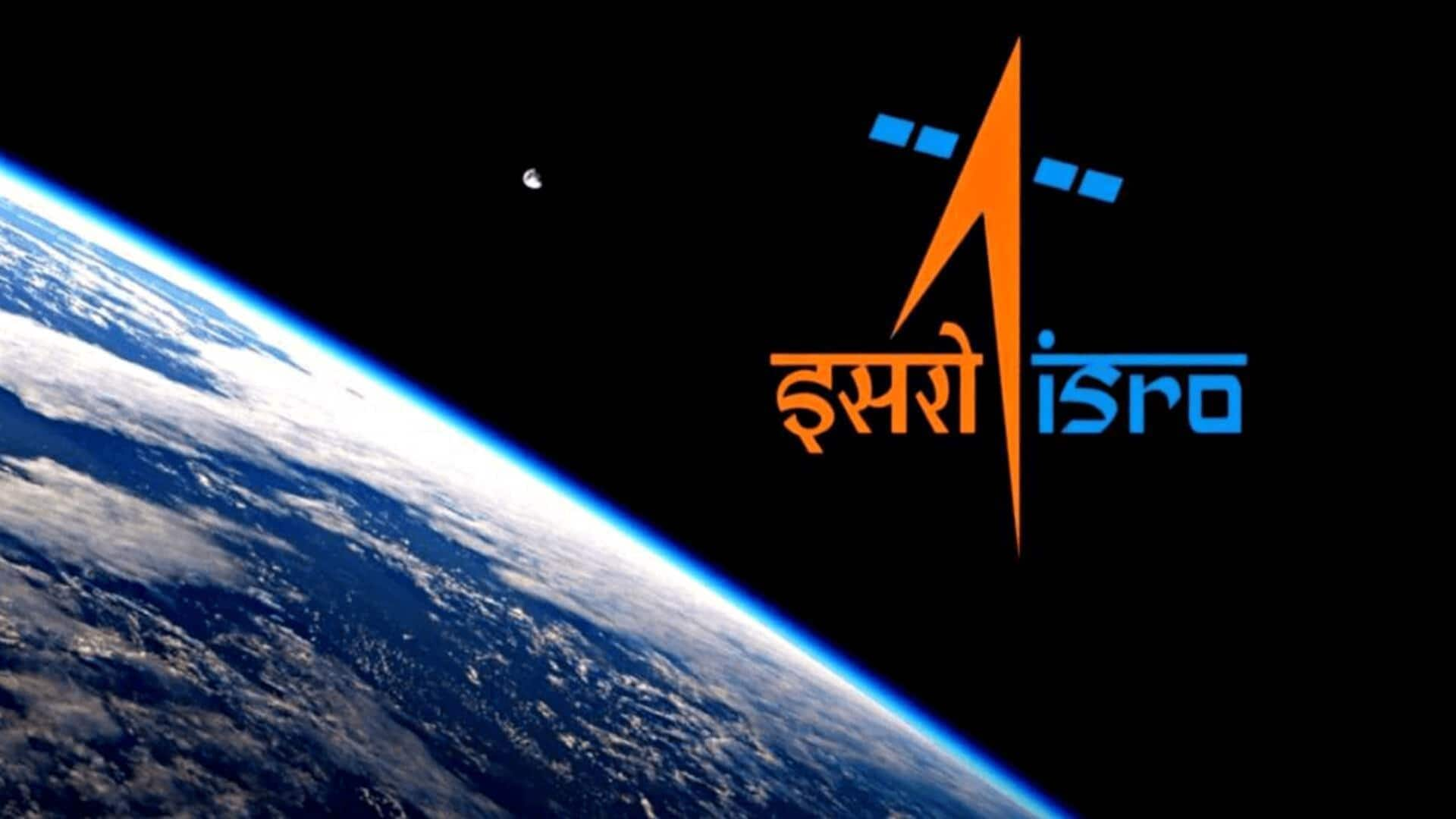
ISRO's Earth-observing satellite to be launched on this date
What's the story
The Indian Space Research Organisation (ISRO) will launch its newest Earth observation satellite, EOS-08, on August 16. There's a one hour launch window starting at 9:17 am. The take-off was initially set for August 15 but has been postponed by a day without any specific reason provided by the space agency. The satellite will be sent into space using the third and final developmental flight of ISRO's Small Satellite Launch Vehicle (SSLV)-D3 from the Satish Dhawan Space Centre in Sriharikota.
Mission objectives
EOS-08 mission: A significant step for ISRO
EOS-08 satellite is carrying three payloads: Electro Optical Infrared (EOIR), Global Navigation Satellite System-Reflectometry (GNSS-R), and SiC UV Dosimeter. The primary goals of the EOS-08 mission include designing a microsatellite, developing payload instruments and evaluating their effectiveness, and successfully complete the developmental phase of the SSLV. Another key objective of the mission is to gather valuable data on various aspects of Earth, including land use, natural resources, and environmental conditions.
Satellite capabilities
EOS-08: Key functions of the payloads
The EOS-08, with a mission life of one year, weighs approximately 175.5kg. The EOIR payload is designed to capture images in the Mid-Wave IR (MIR) and Long-Wave IR (LWIR) bands during both day and night for applications such as satellite-based surveillance, disaster monitoring, environmental monitoring, fire detection, and more. The GNSS-R payload uses remote sensing for applications such as ocean surface wind analysis, soil moisture assessment, cryosphere studies over the Himalayan region, flood detection and inland waterbody detection.
Technological advancements
Significance of the mission
The successful launch of EOS-08 and SSLV-D3 will enable ISRO to launch smaller satellites more frequently and cost-effectively. The data collected by EOS-08 will be crucial for resource management, disaster monitoring, and environmental studies. The completion of the SSLV development project opens doors for Indian private space companies and NewSpace India Limited (NSIL) to utilize this launch vehicle for their missions.